The Power of Sound
Why Certain Sounds in Movies and Music Resonate Deeply
Have you ever felt chills from a movie soundtrack or been moved by a particular song? Sound plays a crucial role in shaping emotions, triggering memories, and creating immersive experiences. Whether it’s the deep rumble of a cinematic bass note or the soaring melody of a song, certain sounds resonate more than others—sometimes influencing our moods in ways we don’t even realize. But why does this happen? What is it about specific tones, frequencies, and compositions that make us feel so deeply?

The Science of Sound and Emotion
How Our Brains Process Sound
When we hear a sound, our brain rapidly analyzes its frequency, rhythm, and intensity. The auditory cortex processes this information, while the limbic system—responsible for emotions—responds based on past experiences, associations, and innate reactions. This explains why certain sounds can evoke joy, sadness, fear, or nostalgia.
Why Low and High Frequencies Affect Mood
Deep bass sounds tend to evoke tension and drama, often used in suspenseful movie scenes. High-pitched melodies, on the other hand, can trigger feelings of excitement or happiness. The balance of frequencies within a composition plays a major role in shaping how we emotionally respond to sound.
The Emotional Power of Movie Scores
Building Tension with Soundtracks
Filmmakers carefully craft soundtracks to heighten emotions. In horror movies, dissonant sounds and unpredictable rhythms create unease, while triumphant orchestral pieces in adventure films evoke inspiration and heroism.
Iconic Movie Themes That Trigger Emotion
Some film scores become instantly recognizable due to their emotional impact. Whether it’s the ominous two-note buildup in Jaws or the uplifting melody of The Lion King, soundtracks can define a movie’s emotional tone and stay with audiences for years.
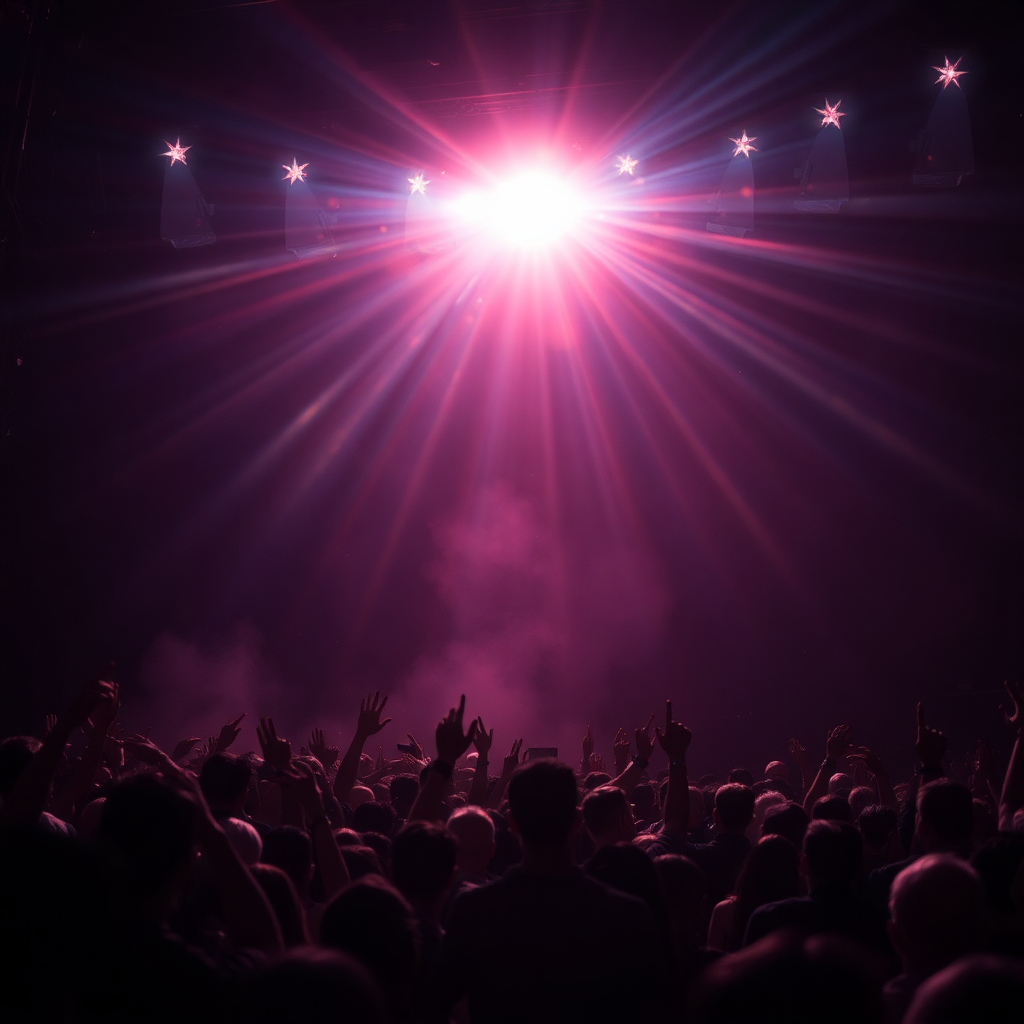
Why Music Can Trigger Nostalgia
Sound and Memory Connection
Music is closely tied to memory due to the brain’s hippocampus. When we hear a song from our past, the melodies and lyrics trigger deep emotional recollections. This is why hearing a childhood favorite can transport us back in time.
Cultural and Personal Associations
Different genres and instruments evoke unique emotional responses based on cultural background and personal experiences. A jazz composition might relax one listener, while an energetic rock song may excite another—all due to personal emotional ties to those sounds.
How Sound Manipulates Human Emotion
The Role of Tempo and Rhythm
Fast-paced rhythms create urgency and excitement, making them common in action scenes and dance music. Slower tempos, however, promote relaxation, used frequently in meditation tracks and emotional ballads.
The Psychological Effect of Repetition and Crescendos
Repetition in music and film scores builds anticipation, gradually intensifying emotions. Crescendo techniques—where sound grows louder and more dramatic—often signal climactic moments, making an audience feel heightened excitement or tension.
The Role of Silence in Emotional Sound Design
How Silence Can Be Just as Powerful as Sound
Strategic silence in movies and music can create tension, anticipation, or emotional depth. A sudden pause before an intense moment can enhance impact, making the next sound feel even stronger.
Minimalist Soundtracks That Influence Emotion
Some composers use sparse instrumentation, letting silence or subtle tones dictate the mood. Films like A Quiet Place masterfully use silence to heighten suspense, proving that sound isn’t always necessary for emotional engagement.
The Influence of Cultural Music Traditions
Why Different Cultures Experience Sound Differently
Music varies worldwide, with different traditions using unique scales, instruments, and rhythms. A melancholic song in one culture may sound uplifting in another, showing how sound resonates based on cultural norms and associations.
Universal Sounds That Transcend Borders
Despite cultural differences, certain sounds—such as lullabies, drum beats, and harmonious melodies—evoke similar emotional responses across civilizations. These shared musical elements highlight sound’s global impact on human emotion.
The Effect of Sound in Virtual Reality and Gaming
How Sound Creates Immersion in Digital Experiences
Video games and virtual reality rely on dynamic sound design to create realistic environments. The spatial placement of sounds enhances immersion, making a digital world feel more lifelike.
Emotional Engagement in Gaming Soundtracks
Games like The Legend of Zelda and Final Fantasy use music to amplify emotional storytelling. Whether signaling danger or victory, game soundtracks shape how players interact with digital narratives.
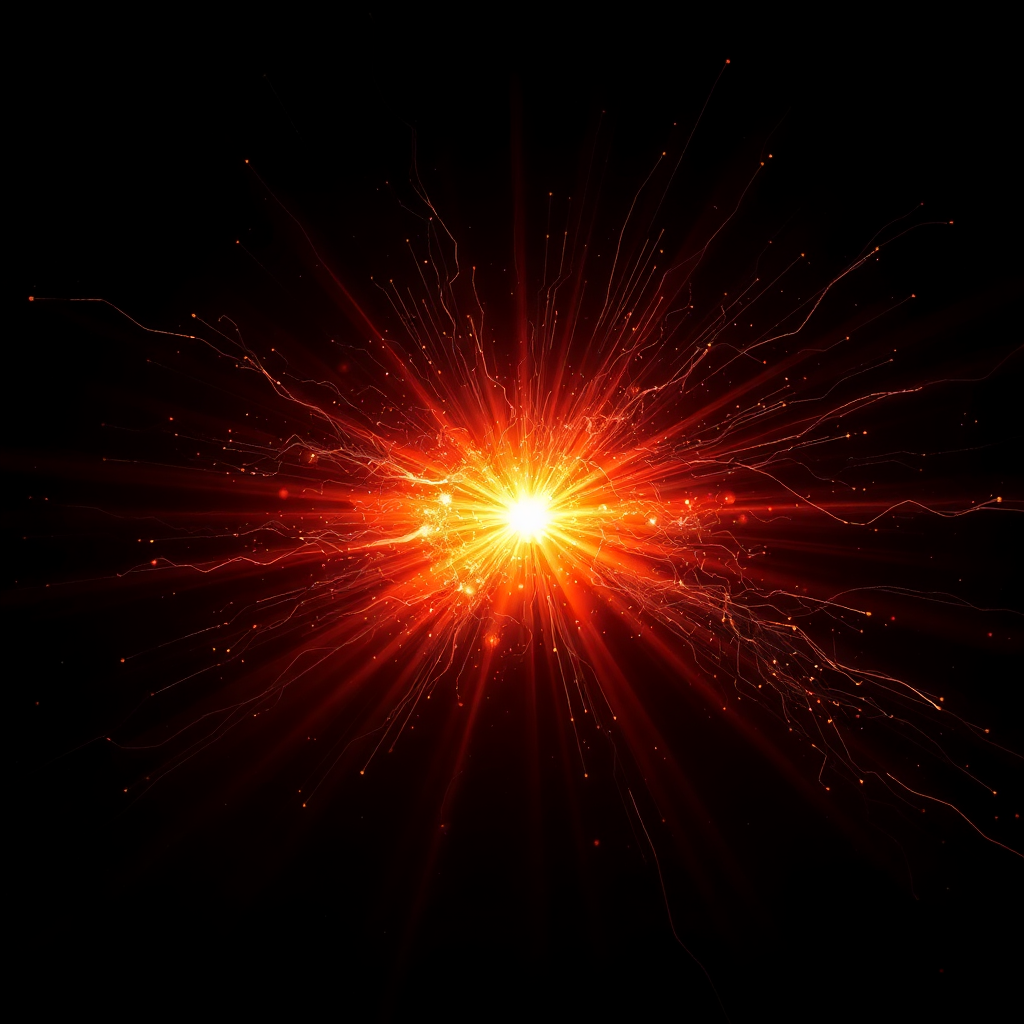
The Science Behind ASMR and Relaxing Sounds
How Certain Sounds Trigger Relaxation
ASMR (Autonomous Sensory Meridian Response) has gained popularity for its ability to create calming sensations using soft whispers, tapping, and gentle background sounds. Studies suggest these sounds can reduce stress and promote relaxation.
Why Ambient Sounds Affect Mood
Natural sounds like rain, ocean waves, and rustling leaves have a soothing effect on the brain. Many people use ambient sound playlists to enhance sleep, concentration, or relaxation, proving sound’s impact beyond traditional music and movies.
Future Innovations in Sound Technology and Emotion
AI and Sound Personalization
Artificial intelligence is advancing sound technology, allowing for customized soundscapes that adapt to personal moods. AI-generated music and movie scores could redefine emotional engagement in entertainment.
The Evolution of Sound in Entertainment
From Dolby Atmos surround sound to immersive VR audio, technology continues to enhance how we experience music and movies. These innovations promise even deeper emotional connections between audiences and sound.
Conclusion
Sound is a powerful tool in movies and music, shaping emotions in ways both intentional and subconscious. Whether through the suspenseful build of a horror soundtrack, the nostalgia triggered by a familiar melody, or the energetic pulse of a dance beat, the connection between sound and emotion is undeniable. Understanding how sound influences feelings allows creators to craft impactful experiences that resonate deeply with audiences.
Join the Conversation
What song or movie score has moved you the most?


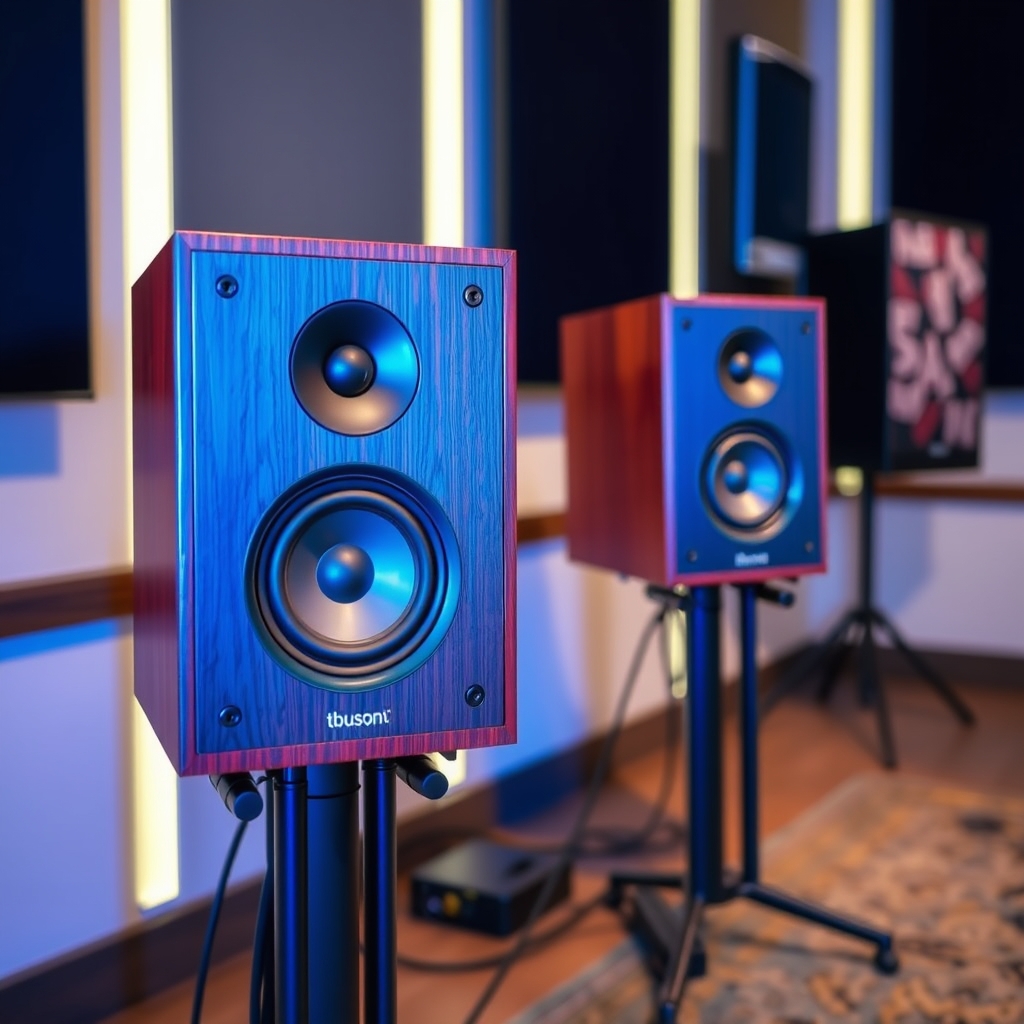
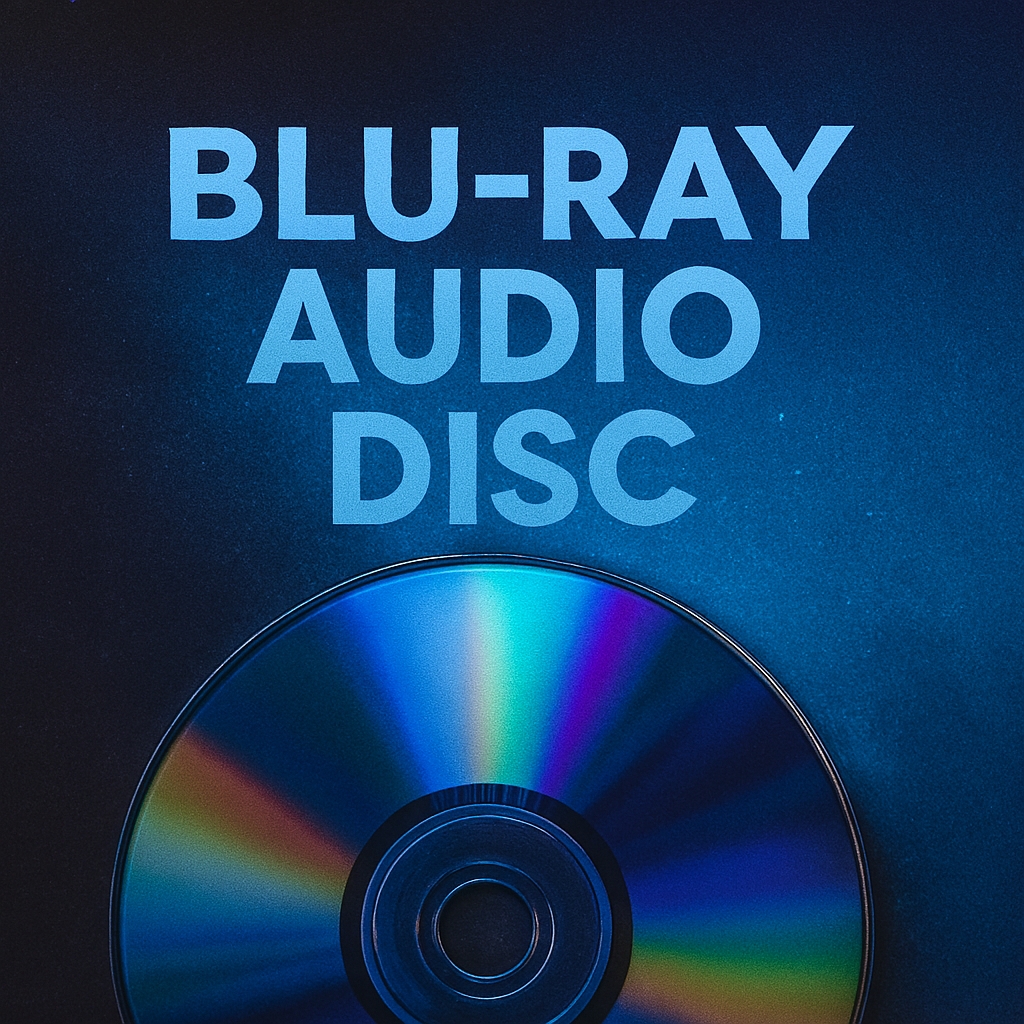
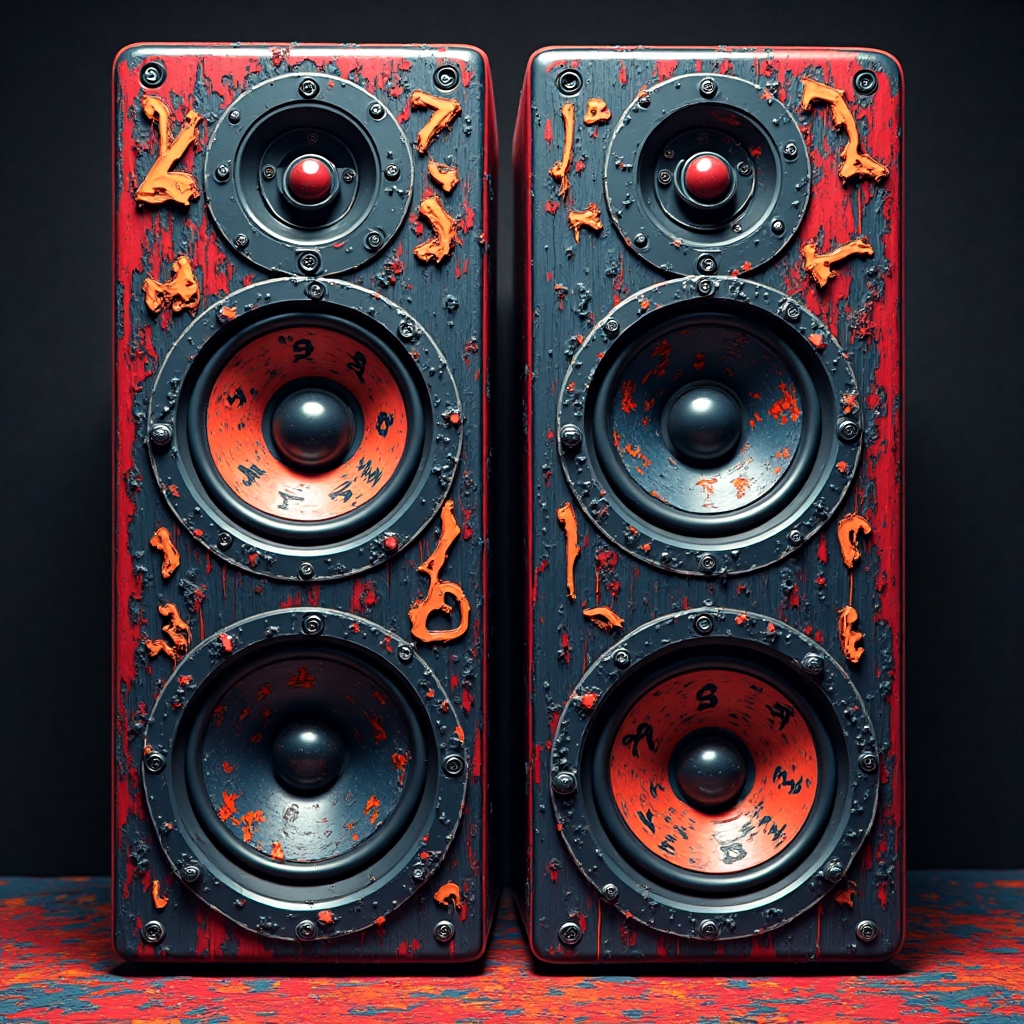
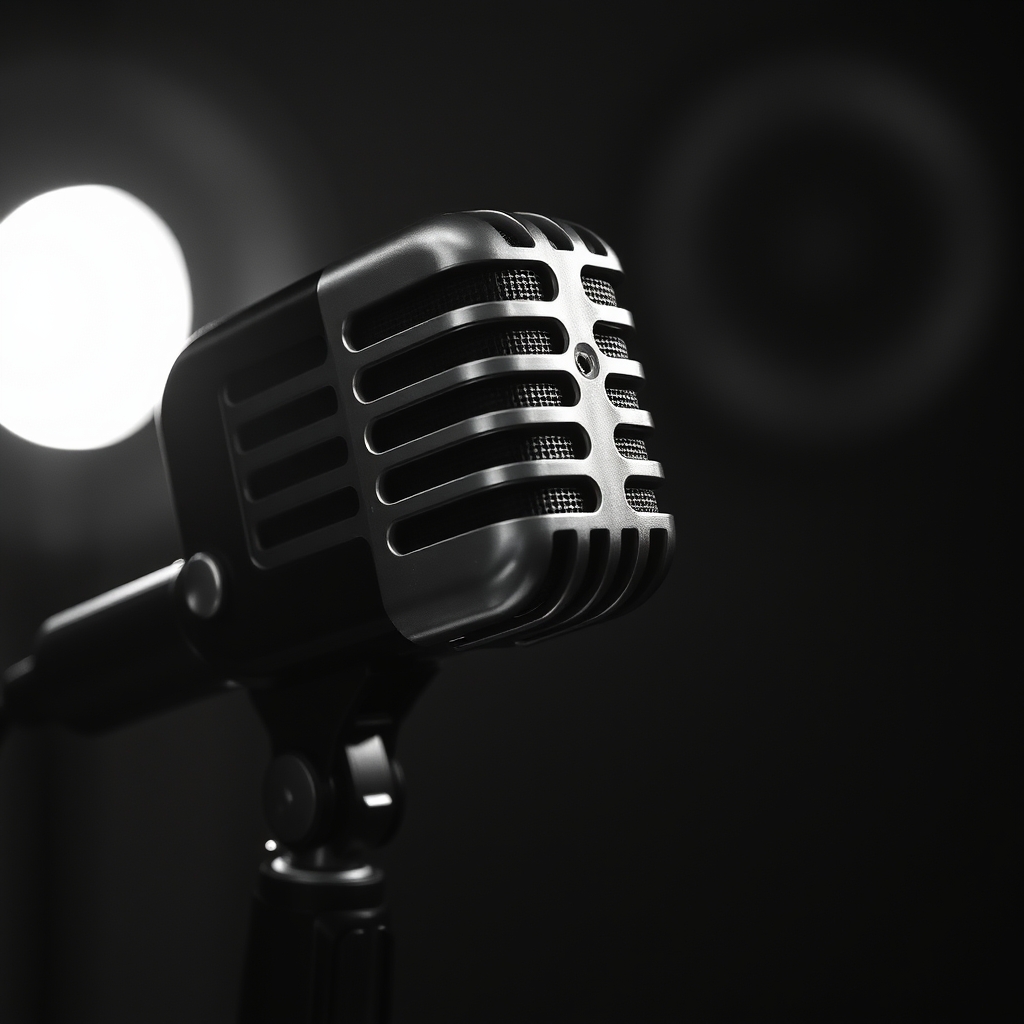
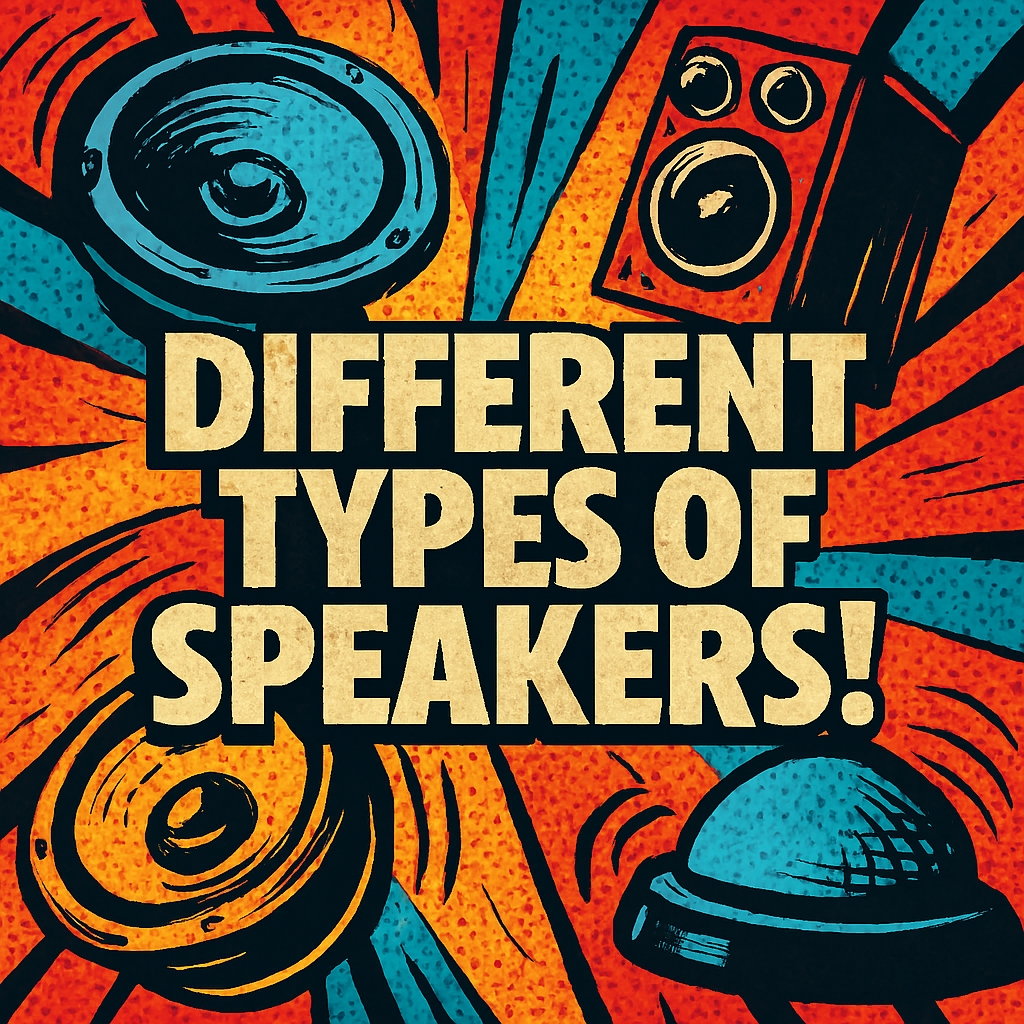
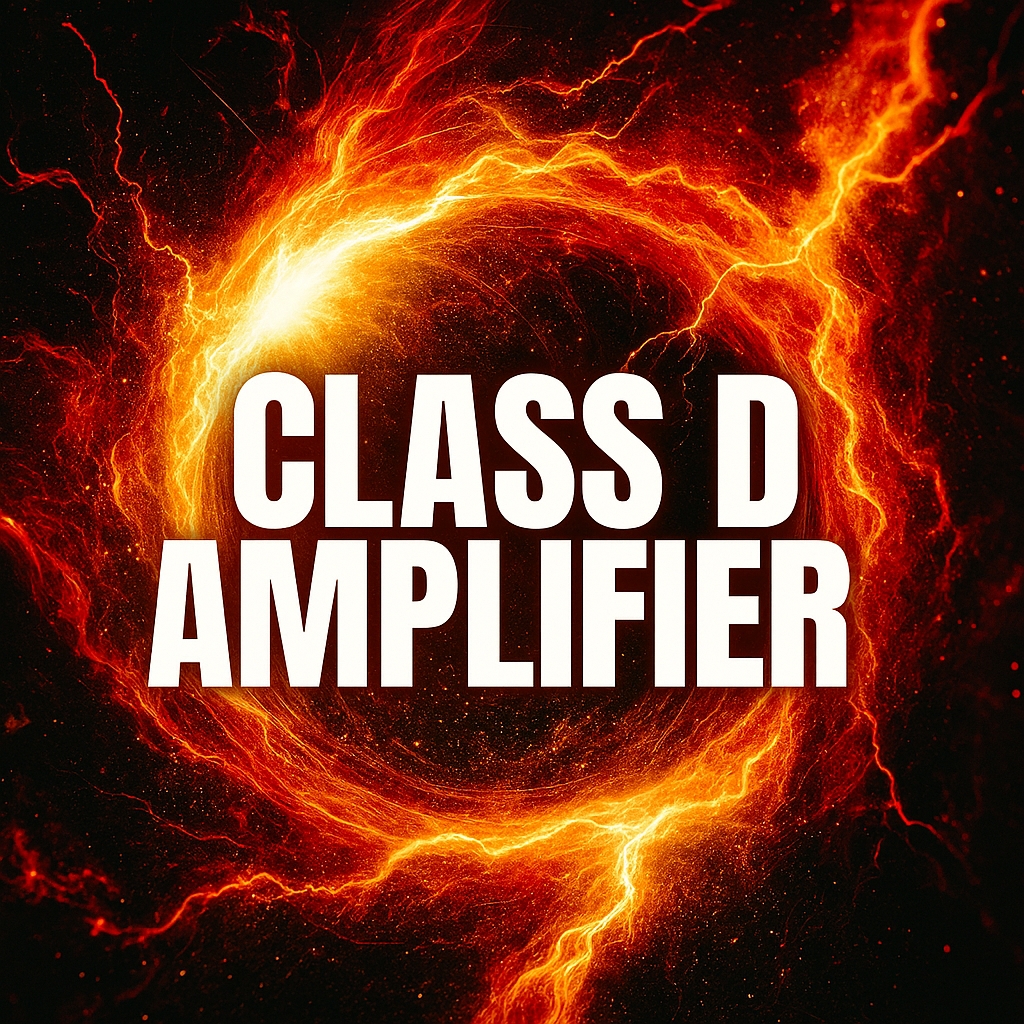






Magical Psychology Of Art Owning And Why Collecting Matters
[…] The Therapeutic Benefits of Surrounding Yourself with ArtCurating art that resonates emotionally can create a soothing atmosphere at home or in workspaces. This contributes to mindfulness, mental clarity, and an overall sense of happiness. […]